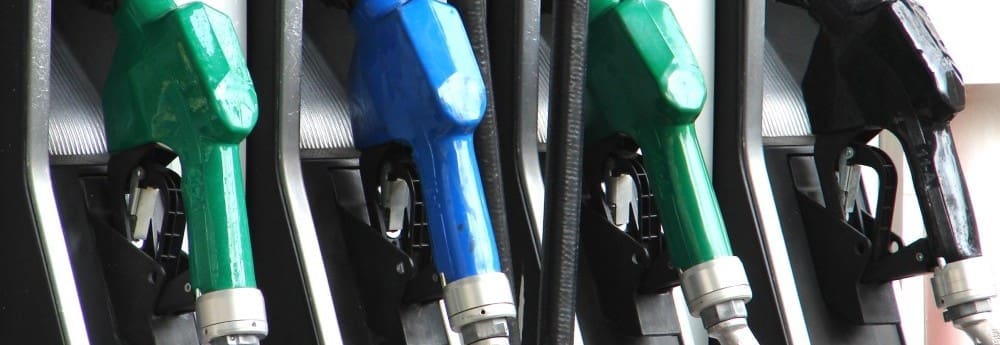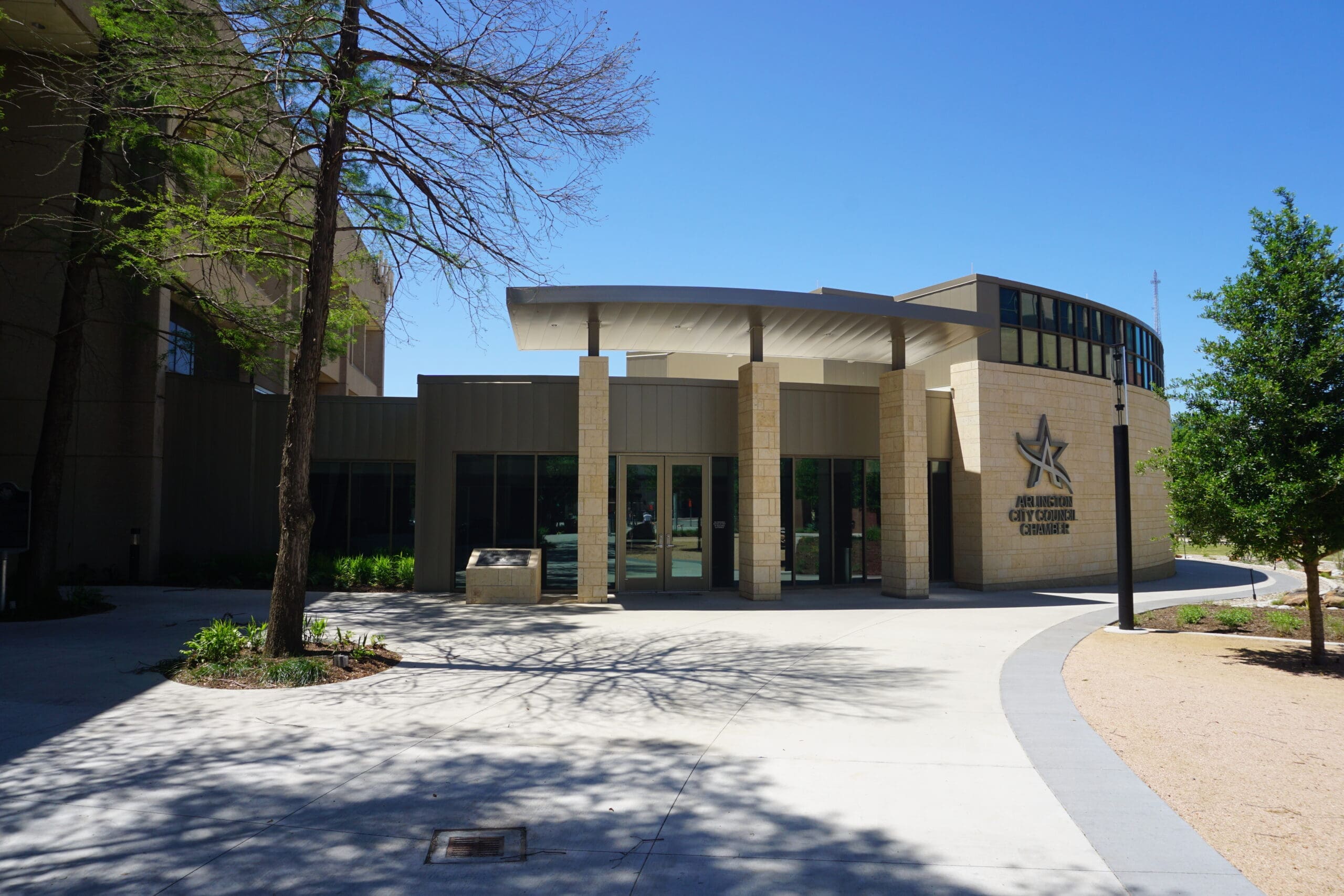While lawmakers in both chambers of the Texas Legislature are working on property tax plans that offer some small amount of actual relief to the average homeowner, legislation filed in the Texas House could offer homeowners significant savings. But the tax swap comes at a cost.
House Bill 2915, dubbed the Texans’ Homestead Exemption Act by its author State Rep. Drew Springer (R–Muenster), seeks to create an additional 50 percent maintenance and operation homestead exemption for property owners, as well as a 10-cent M&O rate compression.
The result? According to Springer, $1,400 of net property tax relief to the average Texas homeowner. For the legislation to provide the property tax relief promised, Springer estimates around $6.3 billion in revenue would need to be swapped.
“Property taxes in Texas have been a burden on Texas families, especially homeowners, for far too long,” said Springer.
In addition to providing real, tangible property tax relief, the bill would also increase the state’s share of public education funding from 38 percent to 50 percent, as well as reduce the total amount of school districts subject to Robin Hood recapture by 26 percent.
And unlike other proposals thus far, HB 2915 would also apply to businesses, who have also been burdened by skyrocketing property taxes in the Lone Star State.
“I look forward to working with the Senate, executive offices, and my fellow House members to agree on a final plan that fully funds a 50 percent homestead exemption; meaningful business tax relief; and M&O rate compression without raising the sales tax rate, enacting new taxes, or reducing school district funding,” said Springer.
The “no new taxes claim” is mostly true. While the plan would not increase taxes per se, it would generate additional revenue by “closing sales tax loopholes, exemptions, and exclusions.”
In Texas, the state sales tax rate is currently at 6.25 percent. Often referred to as a “Swiss cheese tax code,” the current law is full of exemptions for everything from potato chips, pretzels, ice cream, and cake mixes to newspapers, magazines, coffee, and car washes. HB 2915 would fill in these exemptions and more. In other words, Texans would pay sales taxes on a larger number of goods and services than they do now.
And while the state would supplement some amount of revenue from lifting these exemptions (taxing potato chips alone would bring in $64.7 million in sales tax revenue each year, according to estimates provided by Springer’s office), the biggest exemption reversal could be hard for Texans to swallow: A higher tax on gasoline.
Currently, when Texans fill up their cars at the pump they are already subject to a 20-cent fuel tax from the state in addition to an 18.4-cent federal excise tax on gasoline. Should HB 2915 be signed into law, Texas motorists would have to shell out an additional 6.25 percent sales tax, adding 12 cents or more per gallon at the pump.
Since there is already a special tax applied, most Texans would probably say that applying a sales tax to gasoline and diesel is adding a new tax.
“The gasoline tax has not changed since 1992,” Springer told Texas Scorecard. “A sales tax on gasoline would cost the average driver $85 a year, a small cost in comparison to an average $1,400 annual savings in property taxes for homeowners.”
“Expanding the state sales tax base is a cost that consumers can control whereas property taxes cannot be controlled by the individual,” he added.
Adding sales tax on motor fuel purchases provides more cash than anything else in the bill, bringing in an estimated $2.5 billion in state revenue that would then be used for property tax relief. Should it be removed from the legislation, that revenue would have to be replaced elsewhere or else it would damper the proposed property tax relief.
The legislation has a long way to go and, according to Springer’s office, several items in the originally filed draft need to be tweaked due to drafting errors before it is ready to be heard in committee.
Conservatives have long advocated for the state using more of its current revenue streams to lower school property taxes. While Springer’s proposal is a departure from that, Texans concerned with out-of-control property taxes may prefer a tax swap like HB 2915 as part of the answer to accelerating the reduction—and eventual repeal—of property taxes.





